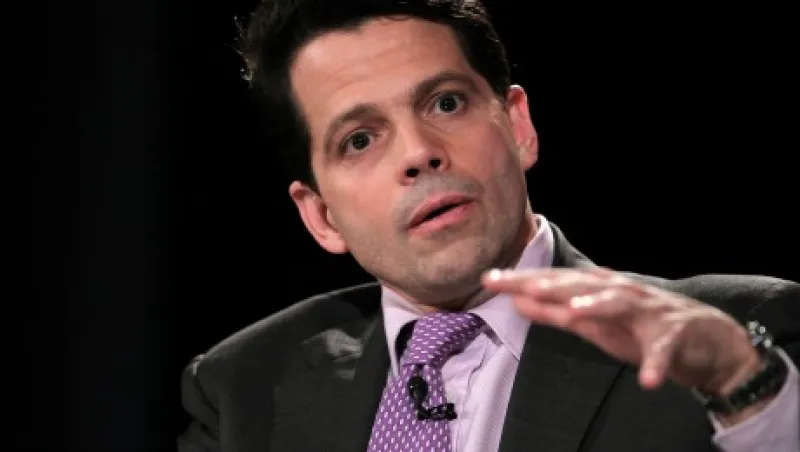
Pouring SALT on Hedge Funds’ Wounds in Vegas
The almost somber mood among investors and managers at this week’s annual SALT conference reflected hedge funds’ recent struggles.
Amanda Cantrell
May 14, 2016


